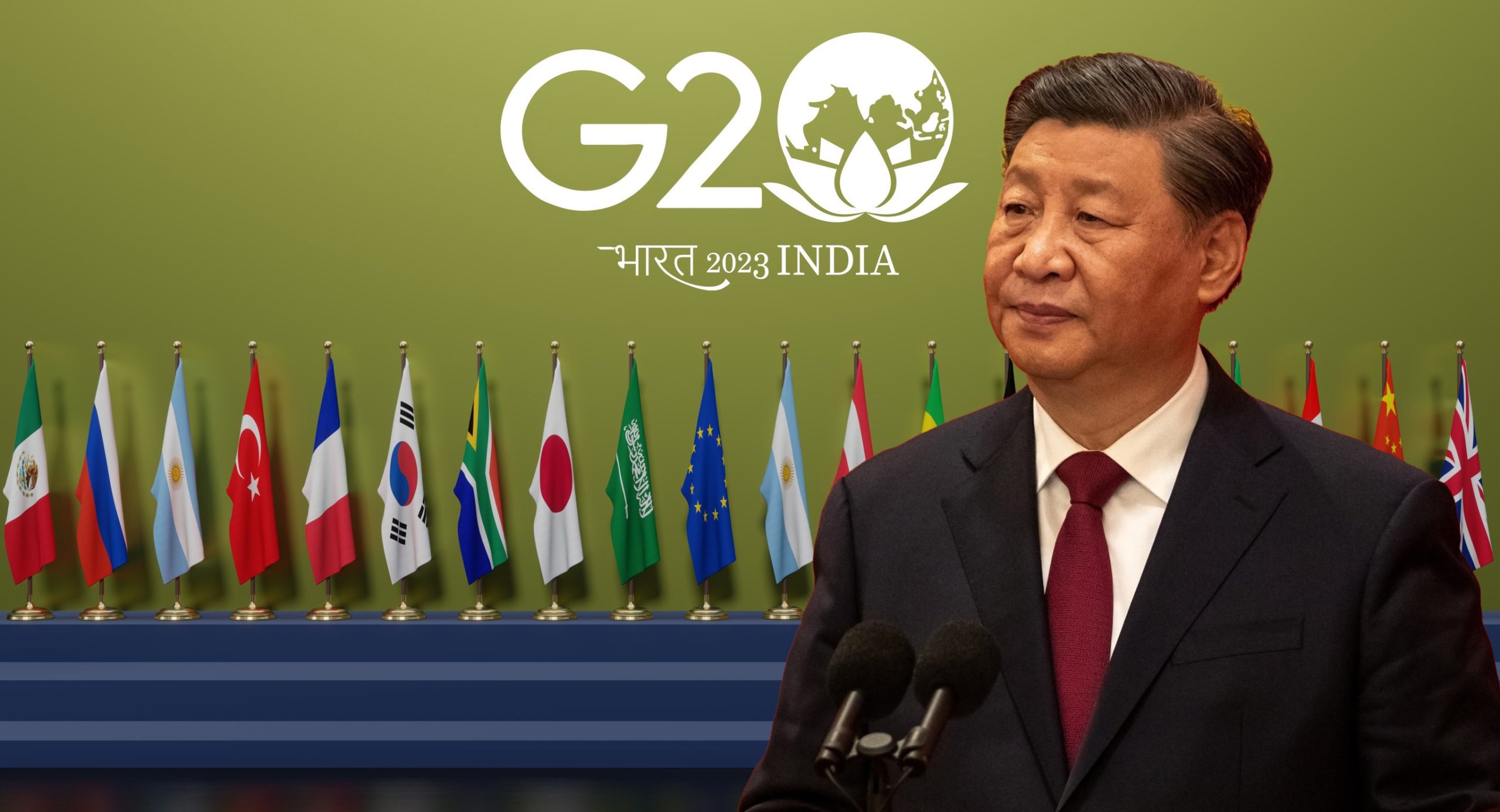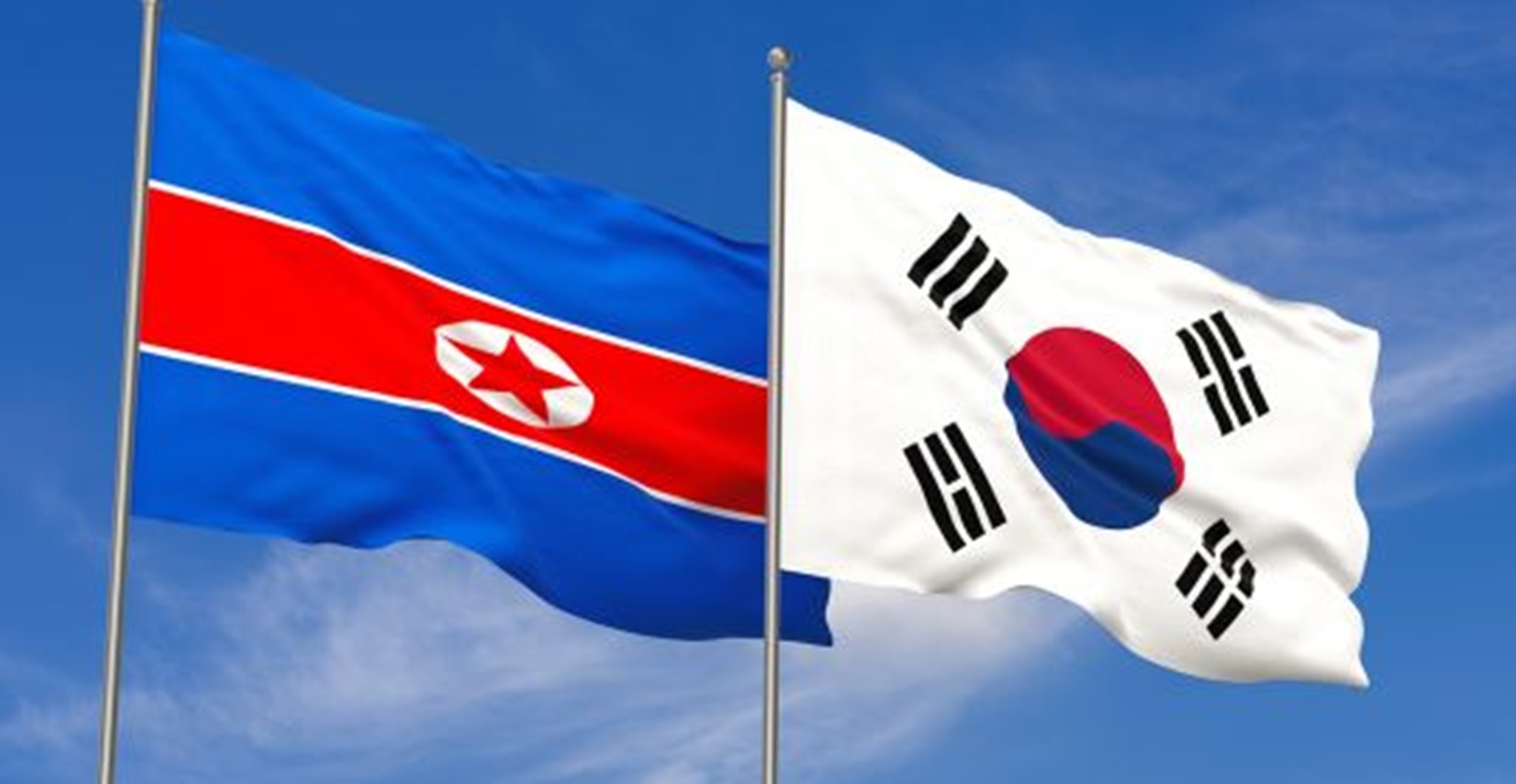Lubricant or Leverage?
Excellence in Execution (e@e) has traditionally been considered to be associated with productivity. Productivity, on the other hand, has traditionally remained linked to improving machines, methods and means. As industrialisation evolved, interventions aimed at e-in-e started considering ‘human beings’ as a possible avenue where results could be reaped. But such considerations remained limited to rewards and remunerations, much as lubricants to production or production-assisting entity called man. Higher remunerations and better rewards, it was believed, would somehow elicit higher productivity. This approach to e@e confined it to the lower rungs of Maslow’s pyramid.
E@e, often associated and pursued only with professional life, should not be limited to the confines of work areas. It must originate from within and end up defining the person himself /herself. It is then e@e becomes a leveraging tool. If viewed and approached from the higher strata of Maslow’s pyramid, it offers unending intervention possibilities and limitless scope of improvement. At that level, e@e becomes the hallmark of whatever one sets eyes on and put one hands-on.
What impedes e@e?
What promotes e@e?
Where does it originate from?
Does it payback?
Instilling Inadequacy to Pursue Excellence
Right from my childhood, all through my adolescence and well into adulthood, I felt everybody around me was better than me in everything. It had serious fallouts. One reason for this personality dent could have been due to the persistent comparisons I heard, growing up. Pervasive, it covered anything and everything. Age or gender differences didn’t matter.
“See his handwriting and see yours” “look at him, he speaks so well; and you?”. “He has already got a job and You; walking around with books and studying’.
“Look at her. see how she conducts herself, and you?”. “
“Do you know, Einstein and Faraday studied under a street light and Ramanujan walked ten kilometres to the school; and You? “You a room to yourself, a table and a table lamp. The school is next door and you still can’t top the class!
The list was endless and almost for certain in areas where I was helpless.
Back then ‘fake news’ was not yet the norm. ‘Fact check’ was unnecessary and impossible since google was yet not conceived. With nothing to verify and unwilling to risk the consequences of questioning those who declared such amazing feats, I had no choice but to believe all that. Einstein Faraday and Ramanujan were my nemeses, worthy of my despised respects. There were a few others too, like me. Those days, the major tool of parenting, it seems, was all about comparisons. Such comparisons inevitably sow seeds of inadequacy in individuals.
On the other hand, there are/were many who grow up with an unending flow of praises and approvals, irrespective of what they do or don’t do. When faced with the ruthless realities of the competitive world, they are forced to come to terms with the brutal truth that success and failures coexist. Unvaccinated and unprotected, these people are grievously stricken and find it harder to recover.
Continuous comparisons compromise chances of success by undermining self-worth and eroding e@e. The fact remains that, No one knows one’s true self.
Knowing Oneself
Analysis of the data collected from many training and facilitation sessions I led, reveal that, socio-economic conditions, age and gender notwithstanding, we are blind to many of our strengths. It has also been proved universally, that most of us hide our good qualities out of self-doubts. Interestingly, these are clear to others. The exercise I lead participants through, quantitatively and convincingly revealed how much positive aura each one of us carry and how hard we try and block it.
The journey to excellence must originate with stocktaking of one’s known strengths and discovery of the latent ones. This fortunately is in our own control but unfortunately, extremely difficult. Yet, unless and until one becomes aware of one’s own strengths, the range and reach of excellence we are capable of, would remain unexplored.
It’s best to remember, e@e can be built only on strong foundations of ‘Self-Awareness’ and ‘Belief in Self’. Only when a lamp is lit can it spread its light.
The Canvas
We tend to compartmentalise excellence. We want to do well in one field and choose to abandon others. This is strengthened by our ‘everyday understanding’ that the more prioritised and compartmentalised our efforts are, better our chances of excellence. Common sense and contemporary dominant short-term winning formulae dictate investments in one or two chosen areas. However, such investments risk reaching point of ‘retarding returns’ sooner than expected. That is where ‘burn outs’ begin. The concept of e@e cannot /shouldn’t be confined to any one canvas.
If e@e is truly internalized, its overwhelming presence can be witnessed in all that one thinks, speaks and does. It is easy to visualize and experience if we assume ourselves as a bottle of most exotic, expensive perfume.
Can a bottle withhold fragrance, of the perfume within, from spreading everywhere once it is uncapped? Can the perfume select where to spread or not spread? It just spreads. Those closer to it, experience it the most and those farthest, the least. Likewise, is the concept of e@e once integral to us.
Self & Beyond
An interesting area, I take the participants of my facilitation programmes, is the ‘give and take ‘garden. I have proved to the participants that in the long run smart givers are fare better than pure takers and slave givers. One has to learn and practice the art of large-hearted, non-suicidal ‘giving’ and enriching ‘taking’.
Most of us are conditioned to garner things, avenues, and accolades for one self. After all, winners take it all! However, victory in individual events and instances essentially neither adds up to holistic success nor make us winners. ‘Victory in battles essentially doesn’t win you the war’. Neither the opposite is true! Losses in battles don’t help you win the war! That defines the conundrum.
When the euphoria of an instant victory ebbs away, one realises how much social capital has eroded. It doesn’t mean that instant defeats accumulate social capital. Certainly, it doesn’t; losers are losers. But ‘spoils’ (credits) of victory if not properly appropriated, diminishes chances of subsequent victories. It is proven beyond doubt that success in anything, even in individual competitions, come from collaborative efforts of many. Most successful surgeons have convincingly attributed their success to the team that works with them. Millionaire caddies of millionaire golfers are known.
Infinitesimal Approach to Victory
In an era where quick fix and ‘few steps’ to anything become chart busters, everyone is trying to be successful, rich and famous instantaneously. In such an environment my prescription to success, though sure footed and assured, may seem hopelessly outdated and impotent. Nevertheless, everyone has to fallback to it in due course. The method I prescribe is less invasive, less burdensome and least demanding one, which I call ‘The infinitesimal approach’.
Infinitesimal improvements in everyday activities, both personal and professional with higher purposes in mind, if consistently and diligently applied, over time brings about huge changes in one’s outlook, as well as personal and professional life. The trick is to apply small course corrections, or improvements continuously to one’s trajectory. This has to be steeped in incorruptible value systems.
Victory Stand
Unlike many quick fixes, one cannot expect to have a dramatic appearance on the victory-stand. Adoption the infinitesimal approach to e@e will certainly guarantee us a longer presence at the victory stand.
As we leave the year that troubled us with Corona and look forward to unchartered challenges ahead, it may be worthwhile to pause, and consider the infinitesimal approach to e@e.
Wish you a great year ahead, packed with unending excellence in execution. Wish you loads of e@e.
Disclaimer: The views and opinions expressed by the author do not necessarily reflect the views of the Government of India and Defence Research and Studies
Article Courtesy: https://jacobshorizon.blogspot.com/2021
Title Image Courtesy: https://www.knowledgeanywhere.com/resources/article-detail/








